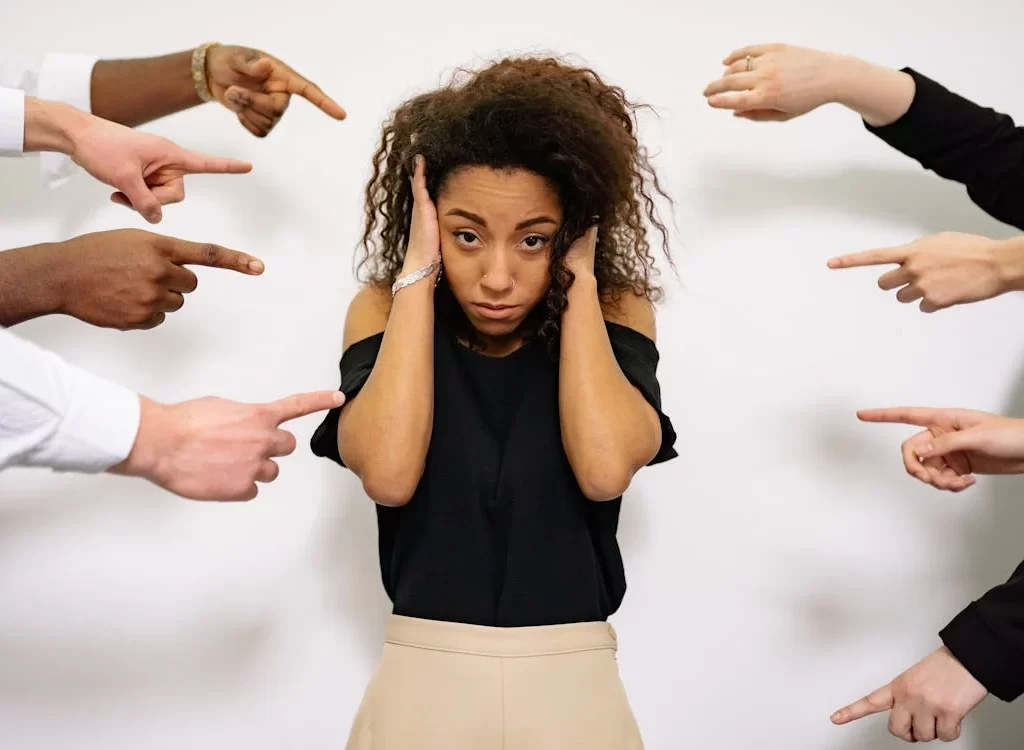Social anxiety is a common and often debilitating condition that can significantly impact one’s social life and overall well-being. Those who experience social anxiety usually find themselves fearful of interactions or situations where they might be judged or scrutinized. While the journey to manage social anxiety can be challenging, several effective strategies and techniques can help individuals cope and eventually thrive socially.
Understanding Social Anxiety
Social anxiety disorder (SAD), also known as social phobia, is characterized by intense fear or anxiety in social situations. Symptoms may include excessive worry about embarrassment, self-consciousness, and physical symptoms like sweating or trembling. Understanding that these feelings are prevalent and often exaggerated can be the first step in overcoming them.
Cognitive Behavioral Therapy (CBT)
One of the most effective treatments for social anxiety is cognitive behavioral therapy (CBT). CBT focuses on identifying and changing negative thought patterns and behaviors that contribute to anxiety. Through therapy, individuals can learn to challenge irrational beliefs such as the fear of being judged by exploring the evidence for these thoughts and reframing their perspective.
CBT typically includes exposure therapy, where patients gradually face social situations that cause them anxiety. This incremental approach lowers anxiety levels and helps to desensitize individuals to their fears over time.
Mindfulness and Relaxation Techniques
Practicing mindfulness and relaxation techniques can be invaluable in managing anxiety. Techniques such as deep breathing, progressive muscle relaxation, and meditation allow individuals to center themselves and focus on the present moment rather than their fears.
Breathing Exercises
- Inhale deeply through your nose for a count of four
- Hold your breath for a count of four
- Exhale slowly through your mouth for a count of six
- Repeat several times to help reduce immediate anxiety
- Incorporating mindfulness into daily routines can empower individuals to take charge of their anxiety rather than feeling overwhelmed by it
Exposure to Anxiety-Inducing Situations
Gradual exposure to anxiety-provoking situations can significantly lessen fear over time. Start small; engage in low-stakes social interactions, such as greeting a neighbor or talking with a cashier. As you become more comfortable, the complexity of these interactions slowly increases. This could involve joining a group or attending social gatherings, to feel progressively less anxious in these environments.
Building a Support Network
Having a supportive network of friends, family, or even support groups is essential for overcoming social anxiety. Sharing experiences with others who understand can create a sense of belonging and reduce feelings of isolation
Talking about social anxiety with trusted friends can also help alleviate some of the pressure associated with fear. They can provide reassurance and encouragement and may even be willing to join you in facing anxiety-inducing situations.
Self-Help Strategies
Engaging in self-help strategies can further aid those coping with social anxiety. Here are several practical techniques you can employ:
- Writing about your experiences and feelings can help you process them and identify triggers
- Visualizing successful social interactions can help you build confidence and reduce anxiety
- Practicing conversations or scenarios with a trusted friend can help relieve anxiety about upcoming events
- Setting Realistic Goals, Establish clear, achievable goals for social interactions. This could be as simple as initiating a conversation or attending a social event for a short period.
- Limiting Caffeine and Alcohol, Both substances can exacerbate anxiety symptoms, so moderating consumption may be helpful
Professional Help and Medication
In cases where social anxiety is severe and debilitating, seeking professional help is vital. Therapists can provide structured treatment, including CBT and exposure therapy. In some instances, medications like selective serotonin reuptake inhibitors (SSRIs) or benzodiazepines may be prescribed to help manage anxiety symptoms.
Get in touch to reserve your appointment today.







